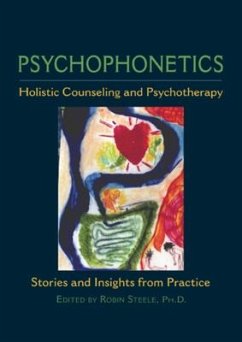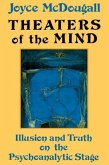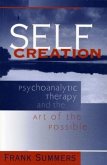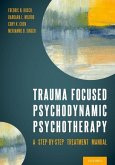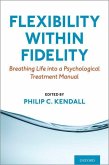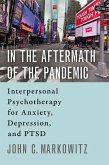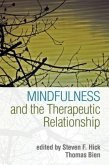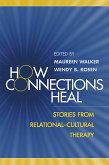"Psychophonetics is making a unique contribution in the field of personal and social development, counseling, psychotherapy, coaching, and artistic therapies. By extending verbal communication to include the deep intelligence of sensory, kinesthetic, imaginative and sound intelligence, Psychophonetics enables people to observe their own experience with an objective perspective. It empowers people to become their own authority in determining the meaning of their experience and opens a broad range of options for people to choose their own responses to life challenges and to own and transform their reactions, projections, and subjugation to sub-personalities. It enables the invocation of higher dimensions of one's being, self-conceived and imagined, into everyday life, where it is needed for the possibility of new creation." -- Yehuda Tagar (preface) The Psychophonetic approach to psychotherapy works with the whole human being in body, soul, and spirit. Founded by Yehuda Tagar and based on Rudolf Steiner's Anthroposophy and Psychosophy, Psychophonetics is unique in its emphasis on a combination of conversation and action phases in counseling sessions. Through the language of experience and the language of soul, it uses a unique gesture-and-sound (nonverbal) approach in combination with body awareness, movement, and visualization--a method that goes beyond national, language, and cultural differences. In Psychophonetics, the authors describe the practical applications of this field counseling and psychotherapy. The first part, by Robin Steele, introduces Psychophonetics--its background and context, an outline of its theory and methods, and the structure of a typical therapy session, as well as descriptions of client experiences. Part two of the book is written by several Psychophonetics therapists and includes stories, research, and insights from their practice. The authors cover topics such as using artistic expression in illness and pain; working with past childhood sexual abuse; the art of conversation; using clay in therapy; grief and loss; self-parenting; menopause; cancer; case studies, and more. Drawings and poetry are included to show how creative expression in used in the counseling process. This book is the essential introduction to Psychophonetics and the first book to focus on this emerging field of spiritually oriented counseling and therapy. Psychophonetics, is accessible and intended for professional and the general readers alike. √ This is the first book specifically about Psychophonetics; √ Stories and insights of practitioners show how Psychophonetics works in practice; √ Case studies and descriptions of sessions reveal the therapeutic process and client experiences; √ Theory, practice, and personal experiences demonstrate the benefits of Psychophonetics and knowing through experience; √ Descriptions of creative, nonverbal ways of knowing that include body, soul, and spirit encourage readers to access their own creative forms of expression.
Hinweis: Dieser Artikel kann nur an eine deutsche Lieferadresse ausgeliefert werden.
Hinweis: Dieser Artikel kann nur an eine deutsche Lieferadresse ausgeliefert werden.

